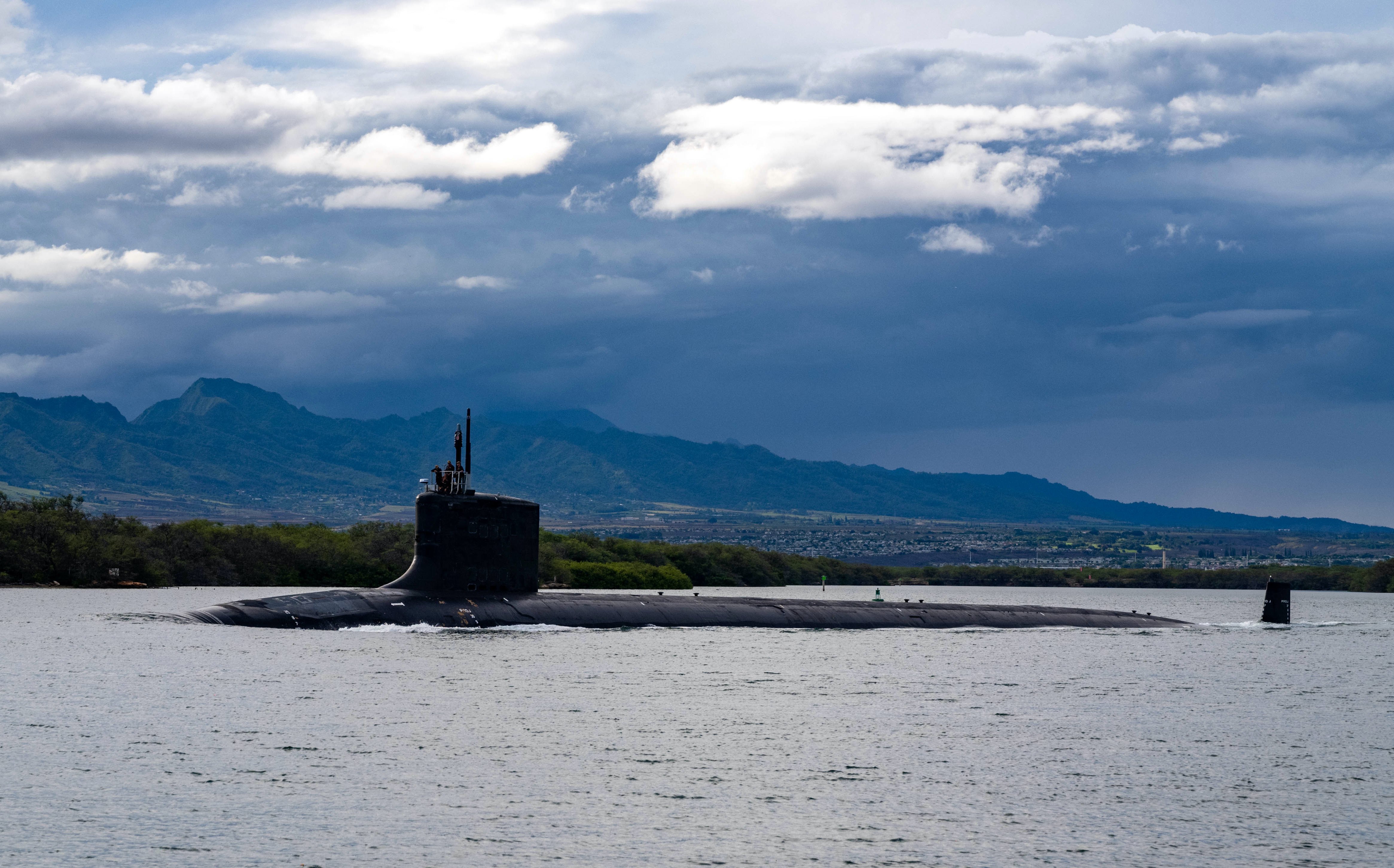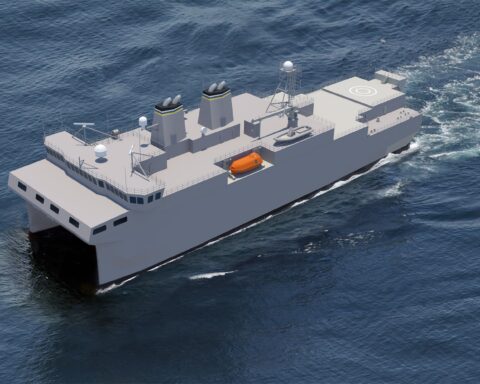The following is the Jan. 18, 2019 Congressional Research Service report, Russian Compliance with the Intermediate
Range Nuclear Forces (INF) Treaty: Background and Issues for Congress..
From the Report
The United States and Soviet Union signed the Intermediate-Range Nuclear Forces (INF) Treaty in December 1987. Negotiations on this treaty were the result of a “dual-track” decision taken by NATO in 1979. At that time, in response to concerns about the Soviet Union’s deployment of new intermediate-range nuclear missiles, NATO agreed both to accept deployment of new U.S. intermediate-range ballistic and cruise missiles and to support U.S. efforts to negotiate with the Soviet Union to limit these missiles. In the INF Treaty, the United States and Soviet Union agreed that they would ban all land-based ballistic and cruise missiles with ranges between 500 and 5,500 kilometers. The ban would apply to missiles with nuclear or conventional warheads, but would not apply to sea-based or air-delivered missiles.
The U.S. State Department, in the 2014, 2015, 2016, 2017, and 2018 editions of its report Adherence to and Compliance with Arms Control, Nonproliferation, and Disarmament Agreements and Commitments, stated that the United States has determined that “the Russian Federation is in violation of its obligations under the [1987 Intermediate-range Nuclear Forces] INF Treaty not to possess, produce, or flight-test a ground-launched cruise missile (GLCM) with a range capability of 500 km to 5,500 km, or to possess or produce launchers of such missiles.” In the 2016 report, it noted that “the cruise missile developed by Russia meets the INF Treaty definition of a ground-launched cruise missile with a range capability of 500 km to 5,500 km, and as such, all missiles of that type, and all launchers of the type used or tested to launch such a missile, are prohibited under the provisions of the INF Treaty.” In late 2017, the United States released the Russian designator for the missile—9M729. The United States has also noted that Russia has deployed several battalions with the missile. In late 2018, the Office of the Director for National Intelligence provided further details on the violation.
The Obama Administration raised its concerns about Russian compliance with the INF Treaty in a number of meetings since 2013. These meetings made little progress because Russia continued to deny that it had violated the treaty. In October 2016, the United States called a meeting of the Special Verification Commission, which was established by the INF Treaty to address compliance concerns. During this meeting, in mid-November, both sides raised their concerns, but they failed to make any progress in resolving them. A second SVC meeting was held in December 2017. The United States has also begun to consider a number of military responses, which might include new land-based INF-range systems or new sea-launched cruise missiles, both to provide Russia with an incentive to reach a resolution and to provide the United States with options for future programs if Russia eventually deploys new missiles and the treaty regime collapses. It might also suspend or withdraw from arms control agreements, although several analysts have noted that this might harm U.S. security interests, as it would remove all constraints on Russia’s nuclear forces.
The Trump Administration conducted an extensive review of the INF Treaty during 2017 to assess the potential security implications of Russia’s violation and to determine how the United States would respond going forward. On December 8, 2017—the 30th anniversary of the date when the treaty was signed—the Administration announced that the United States would implement an integrated response that included diplomatic, military, and economic measures. On October 20, 2018, President Trump announced that the United States would withdraw from INF, citing Russia’s noncompliance as a key factor in that decision. It seems likely that the United States will officially announce its withdrawal on February 2, 2019.
Congress is likely to continue to conduct oversight hearings on this issue, and to receive briefings on the status of Russia’s cruise missile program. It may also consider legislation authorizing U.S. military responses and supporting alternative diplomatic approaches. This report will be updated as needed.
Download the report here.





